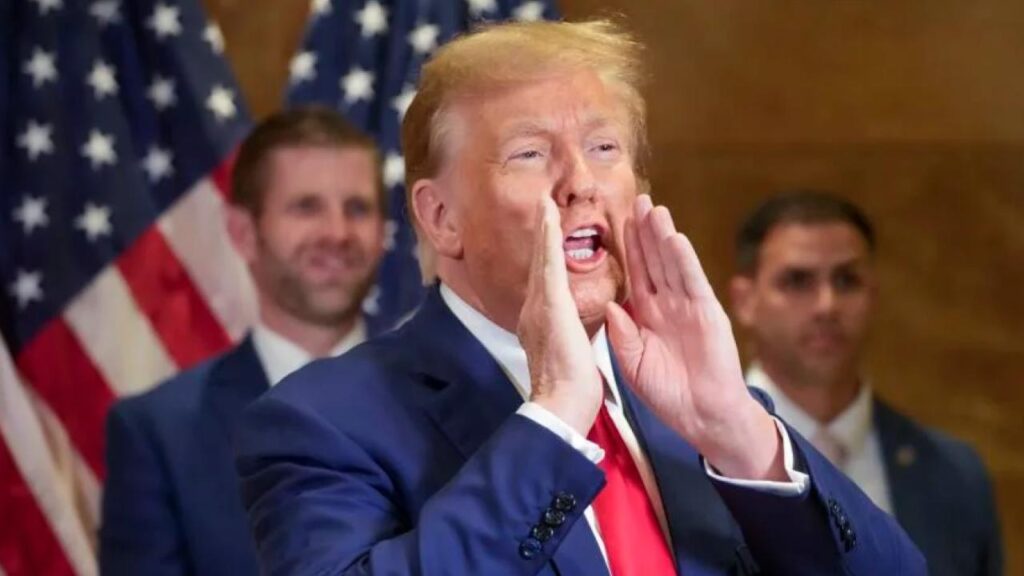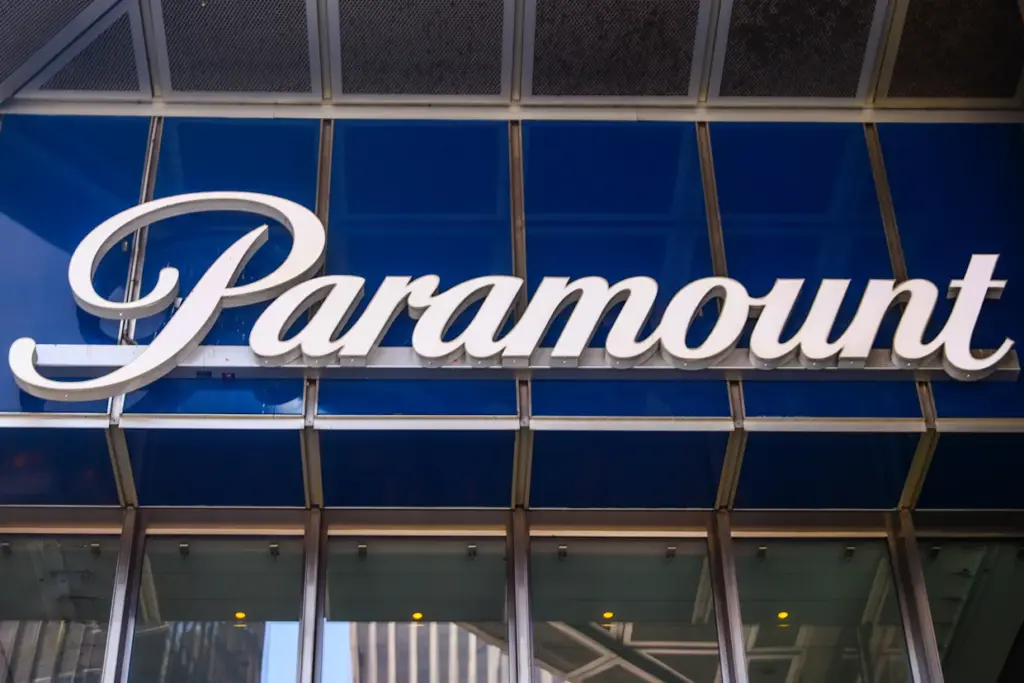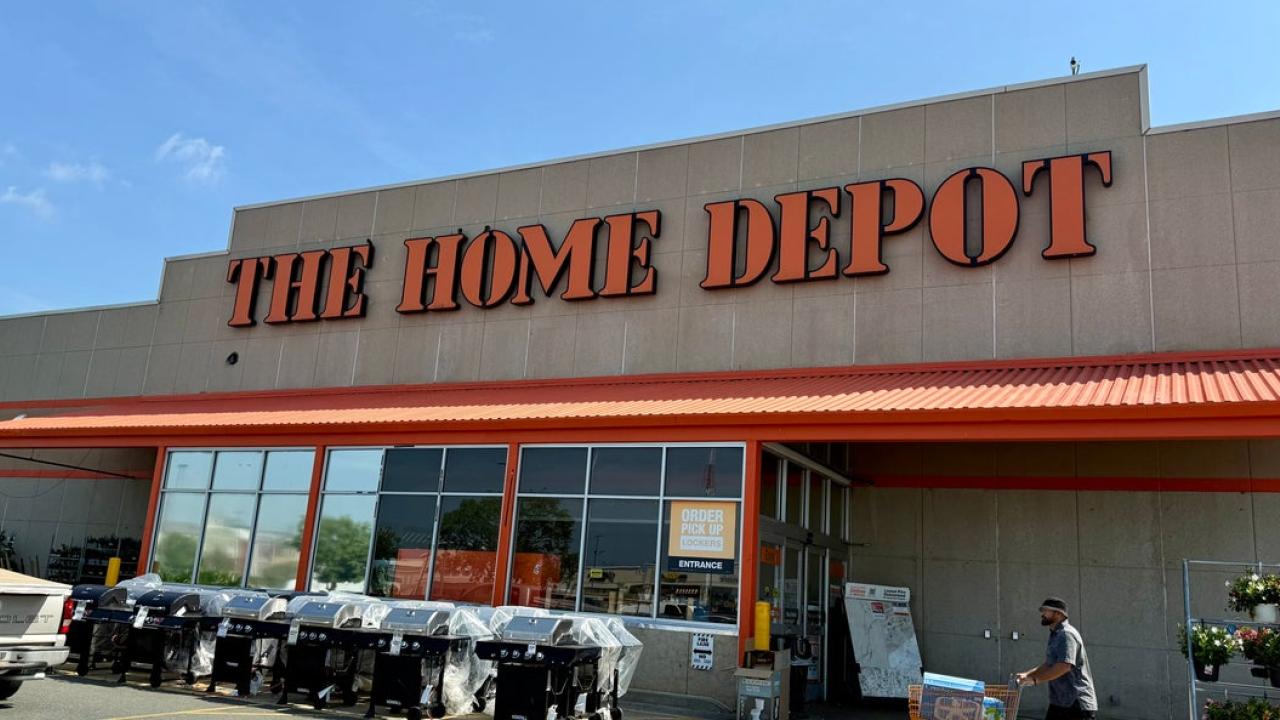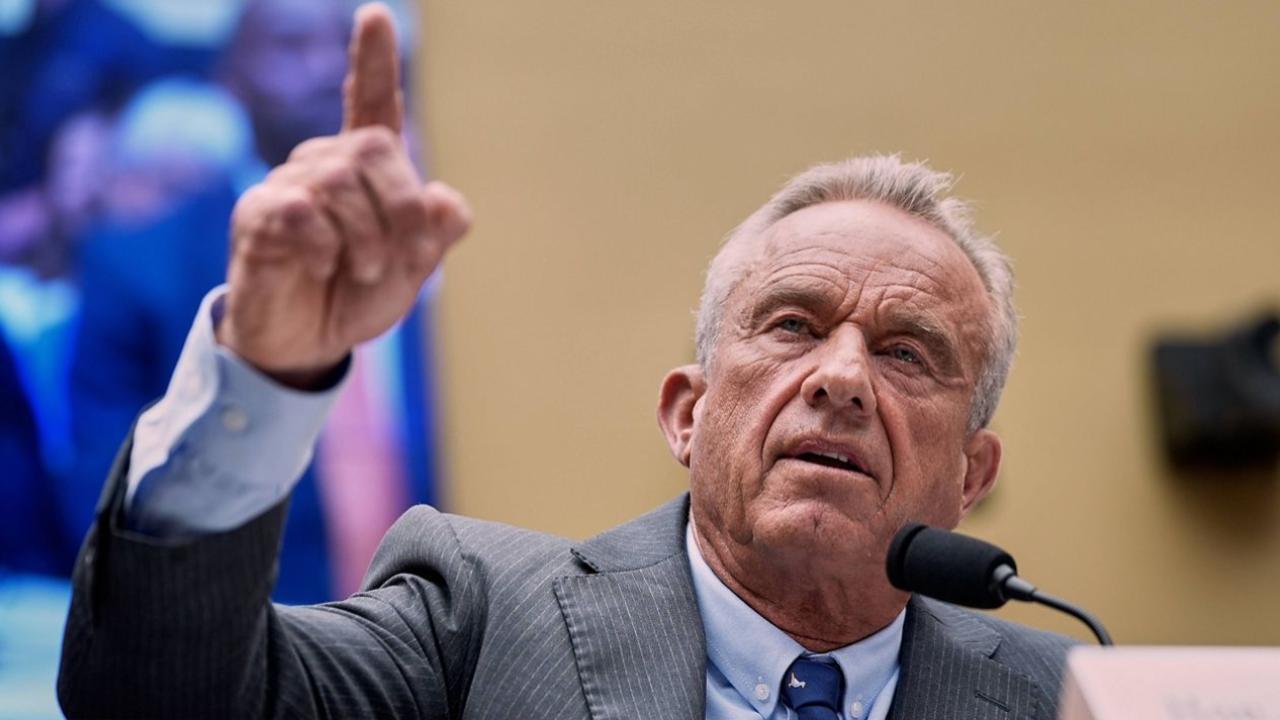Paramount Global just handed Donald Trump a $16 million settlement over a hotly contested “60 Minutes” interview with Vice President Kamala Harris. The deal, which sent shockwaves through media and political circles, wasn’t just about the money. It exposed serious questions about media independence, regulatory pressure, and what may have been swept under the rug.

Paramount Pays Trump $16 Million in Bombshell Settlement
| Takeaway | Stat |
|---|---|
| Settlement amount | $16 million to Trump’s legal team and library |
| Resignations | At least two top CBS execs stepped down |
| Political criticism | Senators call deal a First Amendment threat |
Paramount’s $16 million settlement with Trump isn’t just a legal footnote. It’s a cautionary tale about how political influence, corporate ambition, and journalistic freedom can collide. The financial cost may be known, but the full impact on press integrity is still unfolding.
What Triggered the Settlement?
In late 2024, Trump and Rep. Ronny Jackson sued CBS over a “60 Minutes” segment featuring Kamala Harris, claiming the edited interview misrepresented her statements and damaged the 2024 election process. The suit alleged election interference and demanded disclosure of raw footage.
Rather than see the lawsuit drag on, Paramount folded. They agreed to pay $16 million to cover legal costs and support Trump’s future presidential library. The media giant didn’t admit wrongdoing, nor did they issue an apology.
The “Trump Rule”: New Interview Policy
Part of the settlement includes a commitment from CBS to release full transcripts of interviews with presidential candidates going forward—a move critics call the “Trump Rule.” The catch? CBS retains the right to redact parts of those transcripts for “national security” or “editorial clarity.”
In practice, this means viewers might get more context, but still through a corporate-controlled lens. “As a journalist, I’ve never seen a settlement twist newsroom policy this directly. It sends a message that lawsuits, not standards, can reshape coverage.”
What Paramount May Be Hiding
1. The Skydance Merger Factor
Paramount is in the middle of finalizing a multibillion-dollar merger with Skydance Media. With FCC approval still pending, some insiders believe the lawsuit risked becoming a major political speed bump. By settling with Trump, Paramount cleared one more obstacle to regulatory greenlighting.
2. Internal Chaos and Resignations
The aftermath saw the resignations of key CBS News figures including executive producer Bill Owens and network president Wendy McMahon. Staffers expressed unease about the optics of a media company capitulating under political pressure.

One senior producer told the LA Times the newsroom was “blindsided” and feared it set a dangerous tone for editorial independence.
3. Transparency Redefined
Though CBS will release interview transcripts, the policy leaves room for significant redactions. That level of control could make transparency performative rather than transformative.
Reactions from Across the Spectrum
Lawmakers and Free Press Advocates Cry Foul
Sens. Bernie Sanders, Elizabeth Warren, and Ron Wyden all blasted the settlement, calling it a thinly veiled bribe and a precedent-setting blow to the First Amendment. “When a media company pays off a politician in the middle of a merger, everyone should be alarmed,” Warren tweeted.
Press Freedom Groups Weigh In
The Freedom of the Press Foundation warned the settlement creates a chilling effect. “This tells every newsroom in America that editorial integrity is negotiable if the stakes are high enough,” they said in a statement.
What Remains Hidden
Several unanswered questions linger:
- What internal legal advice led Paramount to concede?
- Will other networks adopt similar policies?
- What role did backchannel political negotiations play in the timing?
Public documents don’t reveal who crafted the redaction policy or whether any current FCC commissioners weighed in.






